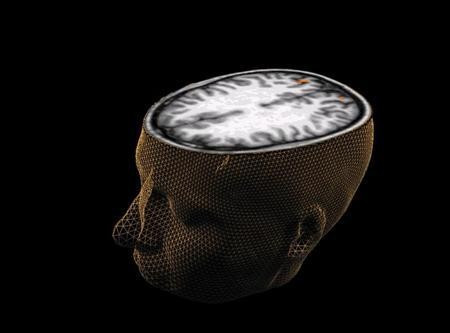Absent-Minded Children Are Smarter, says Research

Children who are absent-minded are actually smarter than other children, according to a new report.
Researchers from the University of Wisconsin-Madison and the Max Planck Institute for Human Cognitive and Brain Science have discovered that children who are absent-minded can actually handle more than one job at a time.
For example: Imagine you see your neighbour upon arriving home one day and schedule a lunch date. On your way to add it to your calendar, you stop to turn off the drippy faucet, feed the cat, and add milk to your grocery list. The capacity that allows you to retain the lunch information through those unrelated tasks is working memory.
Researchers found that a person who has working memory often wanders off during a routine assignment. Such absent-minded people are very smart compared to other people
To prove this, researchers had conducted a study on a group of people. They asked volunteers to perform one of two simple tasks, either pressing a button in response to the appearance of a certain letter on a screen, or simply tapping in time with their breath.
Throughout the tasks, the researchers checked in periodically with the participants to ask if their minds were on the task or wandering. At the end, they measured each participant's working memory capacity, scored by their ability to remember a series of letters given to them interspersed with easy math questions.
In both tasks, there was a clear correlation. People with higher working memory capacity reported more mind wandering during these tasks. This clearly shows that absent-minded people are smarter than others.
"Our results suggest that the sort of planning that people do quite often in daily life - when they're on the bus, when they're cycling to work, when they're in the shower - are probably supported by working memory," said Jonathan Smallwood at the Max Planck Institute for Human Cognitive and Brain Science.
© Copyright IBTimes 2025. All rights reserved.



















